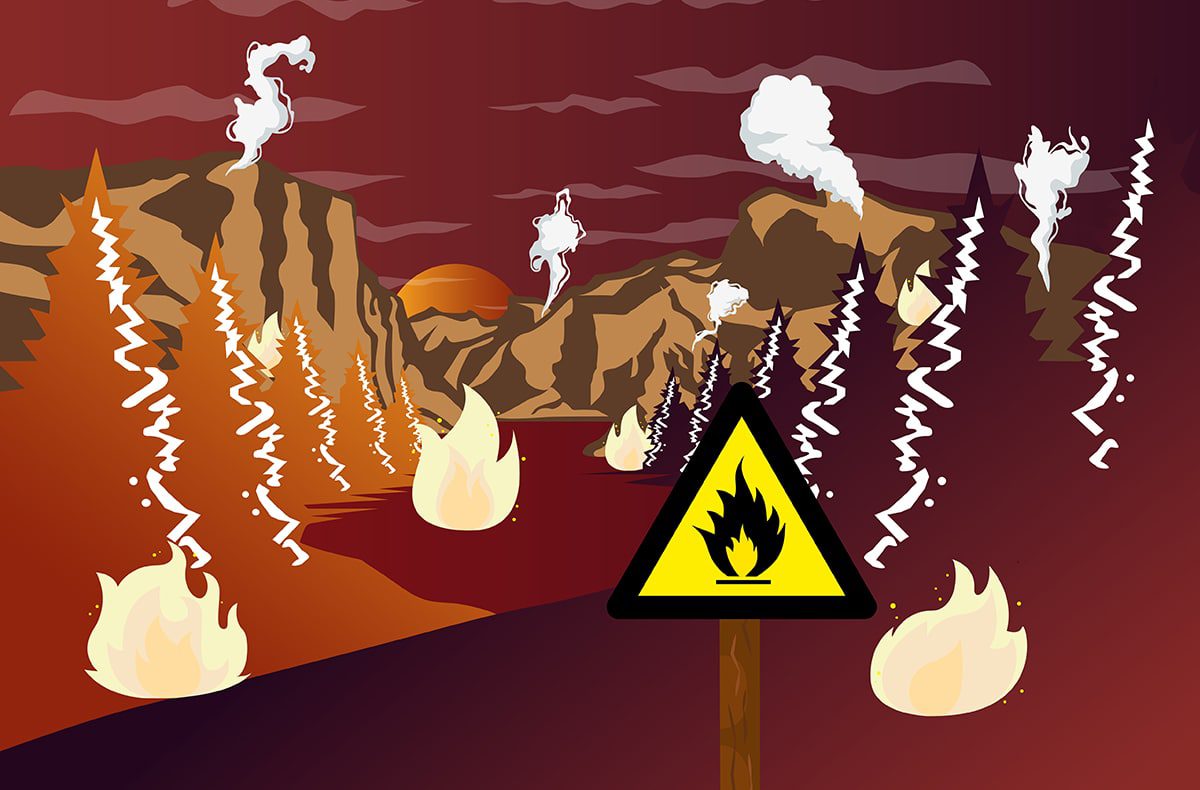
In less than a month since Russia invaded Ukraine, the international debate over how to fight climate change has been flipped on its head.
A steady if somewhat fragmented alliance among countries committed to reducing greenhouse gas emissions and moving toward renewable energy just 120 days ago at a summit in Glasgow, Scotland has degenerated into a mad scramble for more oil and gas at any cost. Old oil partners such as the U.S. and Venezuela are talking again. British Prime Minister Boris Johnson traveled to Saudi Arabia last week, hat in hand, to grub for more oil. China is building new coal plants. Germany is reopening old ones. The Iran nuclear deal is back on the table.
Putin’s War threatens not just to destabilize Europe and risk nuclear engagement; it is likely to result in the worst year for the environment in the history of mankind, following the previous worst year, 2021.
While the initial days of the invasion and the ensuing oil boycott of Russia by the U.S. and parts of Europe in protest led to a call for a faster transition to renewable energy, the opposite is happening, as backers of Big Oil push to regain momentum after years on the defensive. In Washington, President Joe Biden’s climate agenda has been declawed by opponents in Congress. The Supreme Court is leaning toward taking away the authority of the Environmental Protection Agency to regulate against global warming. And a key plan by the Securities and Exchange Commission to mandate that public companies report their emissions as well as climate risk to their operations is almost certainly to be hung up in courts as well after the midterm elections later this year.
Climate change can be a depressing subject even on a good day. But after two years of riding high among national priorities as Covid showed the world the dangers of nature, the Russian invasion sucked all the air out of the room as far as governments are concerned. Climate priorities just a few months ago have been shelved, or shot down.
That leaves the private sector, including the emerging technologies such as electric vehicles, battery storage and carbon removal. Even as oil prices shot up after the February 24 invasion, stocks of renewable energy companies in the solar, and wind industries have also jumped. Perhaps that’s because investors believe that, at some point, the oil shock will reverse and the world will realize the value of producing sustainable energy that can’t be controlled by an unstable dictator in an oil-rich state.
Nothing will come to pass until the Ukraine crisis has been resolved. But as the markets begin to look ahead to later in the year, debates about climate reporting by public companies, constructing offshore wind farms, and addressing water scarcity will start to appear on front pages and news feeds again. After all, climate change isn’t taking a break for the war. Australia is seeing the worst floods in history. Both Arctic poles are reporting record heat waves. And more than 200 wildfires are currently raging across Texas.
It is among one of the uncountable tragedies of Putin’s War that the forces against fighting climate change are using it to regain the initiative for the oil and gas industry. The results of which we will live with long after the Russian invasion ends.



